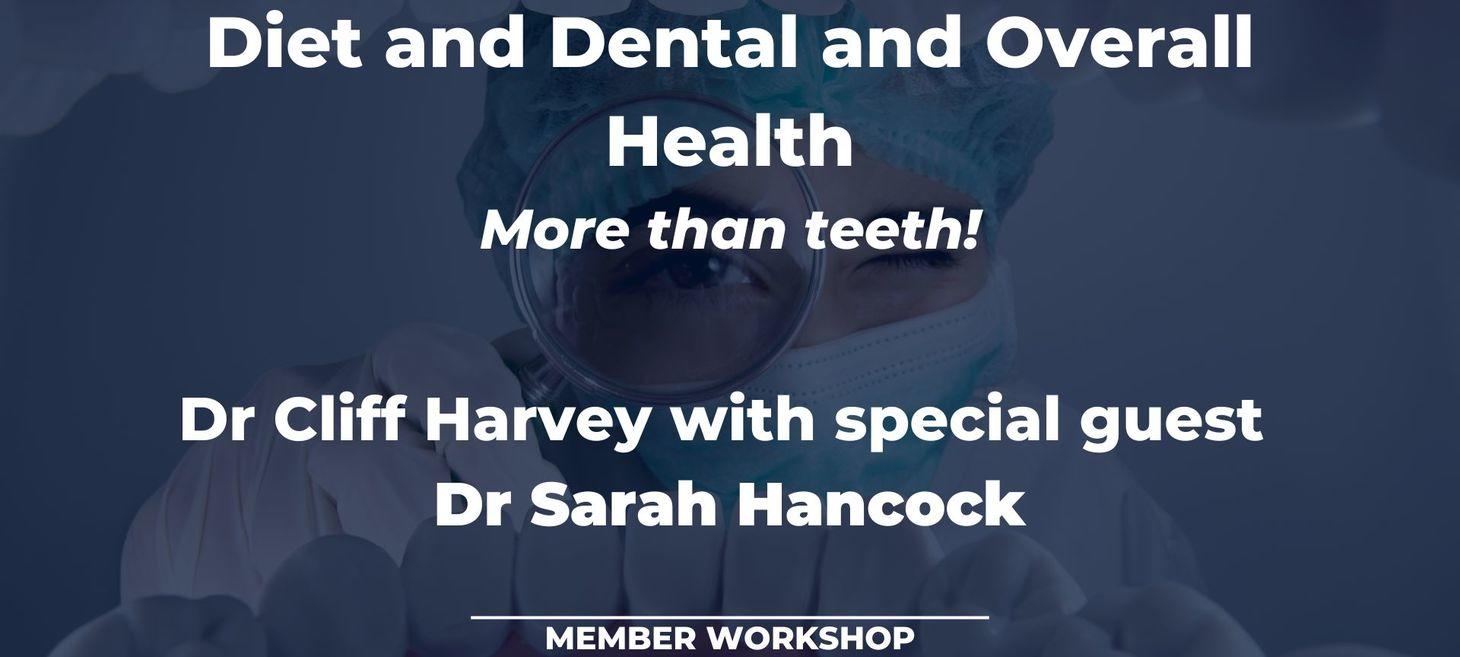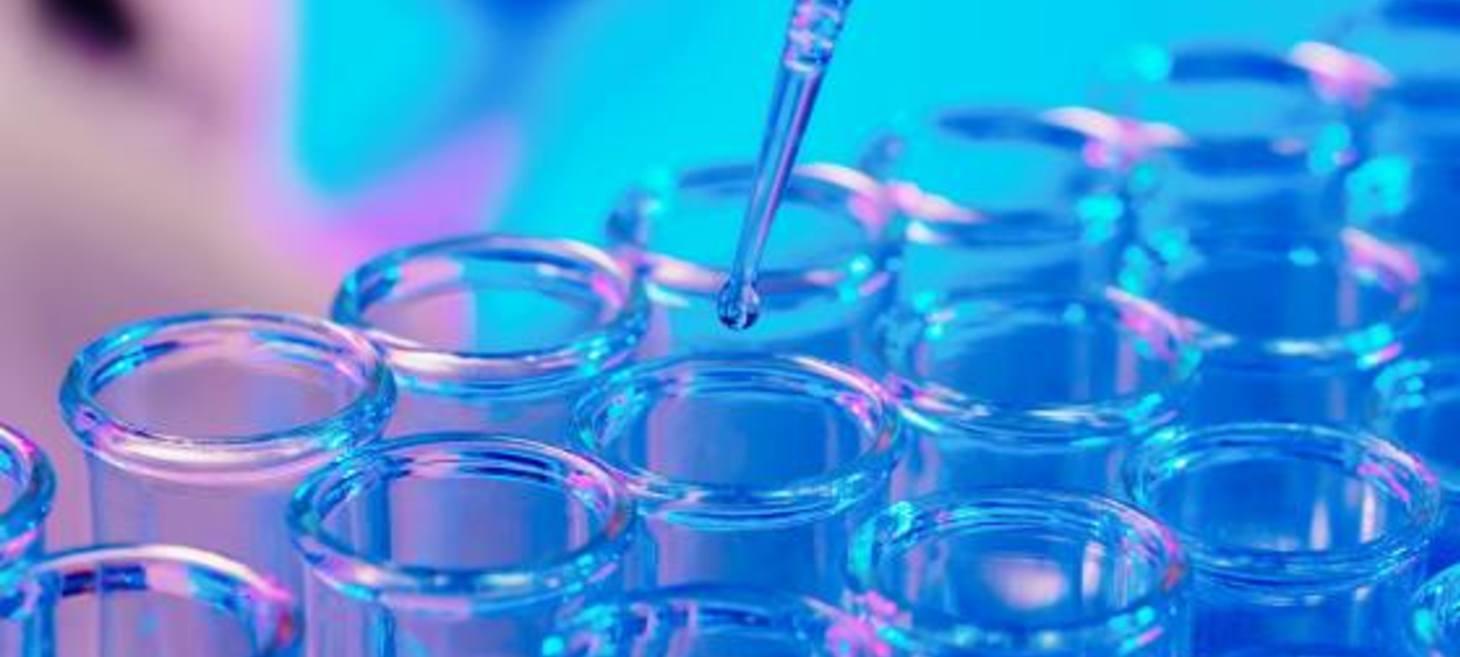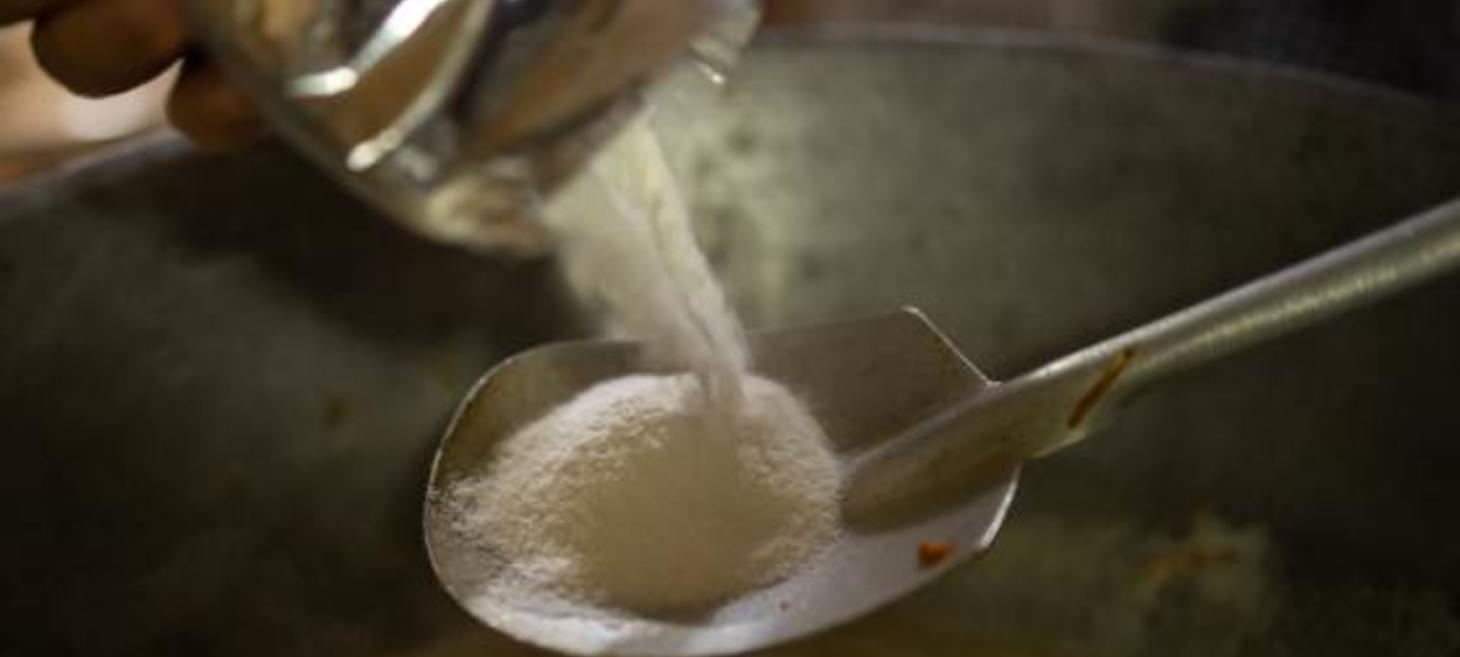News
Latest Nutripaedia Updates!
Our member-only living reviews are now updated weekly as new research comes in! So, you can be sure of getting the most up-to-date info on nutrients, nutrition, and health topics in our memberships.
This month we have updated scientific reviews on:
- AAKG & Performance
- Biotin & Multiple Sclerosis
- Biotin & Thyroid Testing
- Caffeine & Cortisol
- Caffeine & Fat Loss
- Caffeine & Metabolic Health
- MSG & Food Reactions
- Caffeine & Inflammation

HPI Sustainable Agriculture Course with Scott Gooding
NEW - An exciting new short course in sustainable agriculture by sustainable food production expert Scott Gooding of the Holistic Performance Institute.

Nutrition & Lifestyle for Dental & Overall Health: Next Member Workshop w/ guest Dr Sarah Hancock
Dental and metabolic health researcher and HPSNZ research fellow Dr Sarah Hancock joins Dr Cliff Harvey to explore the topic of nutrition and lifestyle for dental, metabolic, and overall health. They will explore how these areas are inter-related, why mainstream dental recommendations might not be the biggest predictor of dental health and what we should eat to maximise health and performance.
Feature Article

5 Reasons You Should Study Health Coaching with HPI
Since embarking on my journey in Health Coaching, studying with The Holistic Performance Institute, I have come to believe that not only WHAT information, but the WAY it is delivered is a key driver for my personal change, improvement in ability, skills,

The DUTCH Test: Putting the Cart Before the Horse?
The DUTCH (Dried Urine Test for Comprehensive Hormones) is commonly used, particularly by complementary practitioners and ‘holistic’ medical doctors. It provides a measure of many urinary excreted hormones and hormonal metabolites that indicate the levels and diurnal patterns of various hormones including cortisol, reproductive hormones, and several neurotransmitters.
While the test is commonly used, its use is controversial, with many practitioners in complementary practice swearing by its utility and many critics with more orthodox medical views disputing this utility.
Read more

Does MSG Cause Food Additive Reactions?
MSG and food additive reactions is a controversial topic. MSG or Monosodium glutamate is the sodium salt of glutamic acid. In other words, it is a combination of sodium (a salt, and what is known as ‘table salt’ when combined with chloride as sodium chloride) and the non-essential amino acid glutamic acid. It is found naturally in some foods including tomato and cheese in small amounts and is present in many ultra-processed foods which are now ubiquitous in the diet such as chips, bakery goods, flavour sachets, stock, etc. It is a flavour enhancer that imparts an umami taste and is used to enhance the ‘pleasure points’ of taste in savoury foods.
It was first synthesised for use in food by Kikunae Ikeda in the first decade of the twentieth century and became an increasingly popular addition to savoury foods, especially in (but certainly not limited to) Asian cuisines. In 1968, Dr Robert Ho Man Kwok suggested in a letter to the New England Journal of Medicine that MSG might be the culprit for food additive reactions including headaches and nausea he coined “Chinese Restaurant Syndrome”. Since that time, controversy has surrounded MSG and it has become a much-stigmatised food additive.
Read more
